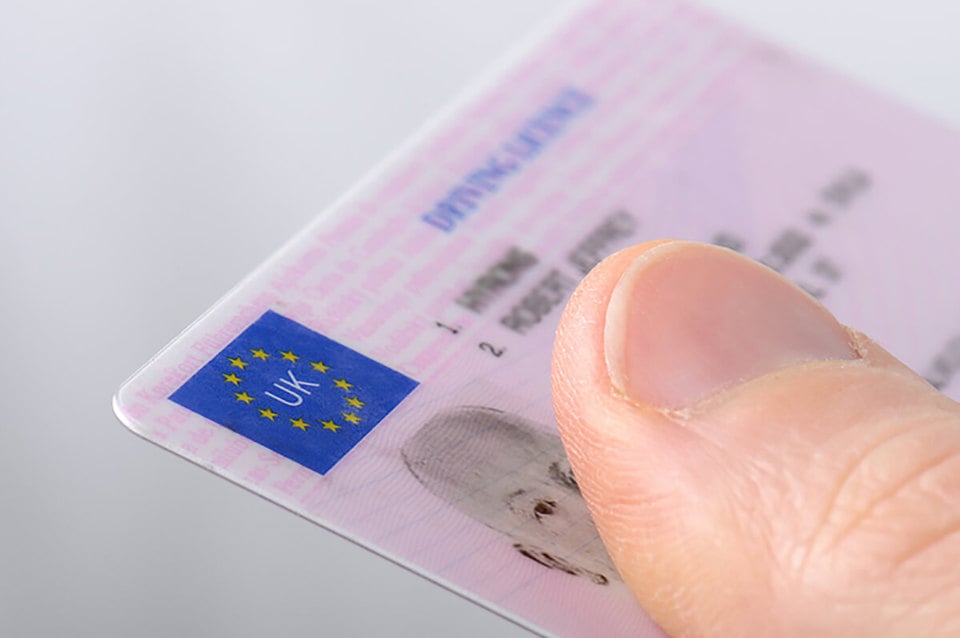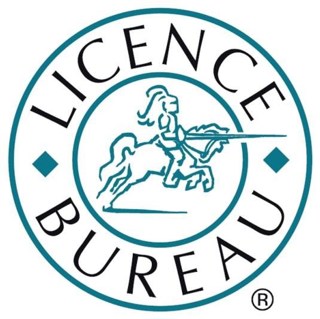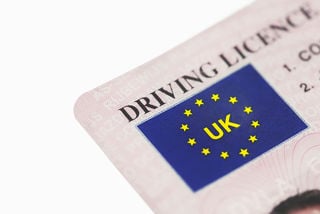Companies who have flexed their fleets to accommodate the seasonal increase in home deliveries are being urged to keep on the right side of road safety compliance during December and January.
Licence Bureau says businesses of all sizes need to ensure drivers have a permit to drive legally.
With more than half of UK consumers now shopping online and digital spend forecast to increase by 29.6% between 2019 and 2024 to £15.7 billion, the demand for home delivery continues to rise exponentially, giving rise to implications for businesses and drivers alike.
As cars and panel vans up to 3.5 tonnes do not legally have to adhere to any regulations around driving hours it leaves businesses even more exposed to potential compliance issues.
“It’s an increasing challenge for businesses, especially during the busy festive period,” explained Malcolm Maycock, managing director of Licence Bureau. “This is giving rise to growing concerns around compliance.
“The law is simple, as an employer you need to ensure your drivers have a permit to drive to legally drive on company business.”
He continued: “The fact that most of these vehicles sit outside of any operator regulatory framework also gives rise to further challenges with many drivers wanting to ‘cash in’ during the busy spell by working long days and potentially exposing themselves to greater risk.
“With this, organisations should not forget that under the Health and Safety at Work Act 1974, employers have a duty to ensure the health, safety and welfare at work, including whilst driving for work, of their employees – temporary or otherwise.
“It really is a situation all businesses need to be switched on to.”
To support businesses, Licence Bureau is advising them to adopt three very simple, yet practical, procedures to advance their road safety compliance journey:
- Driver Licence checks – to cover off and document licence status and entitlement to drive; date validity; endorsements or points; and licence category coverage.
- Vehicle status – to ensure up-to-date records of vehicle details from basic registration details and MoT certificates/renewal dates to service schedules are in place.
- Business use insurance cover for grey fleet drivers – request insurance certificate copies from drivers to ensure ‘business use’ is in place – this is typically exempt from ‘standard policies’ which cover social, domestic and pleasure use, as well as for driving to and from a permanent place of work.
Maycock concluded: “Even during peak season when there are different pressures on businesses across the country, there is simply no excuse not to remain compliant.”






















Login to comment
Comments
No comments have been made yet.